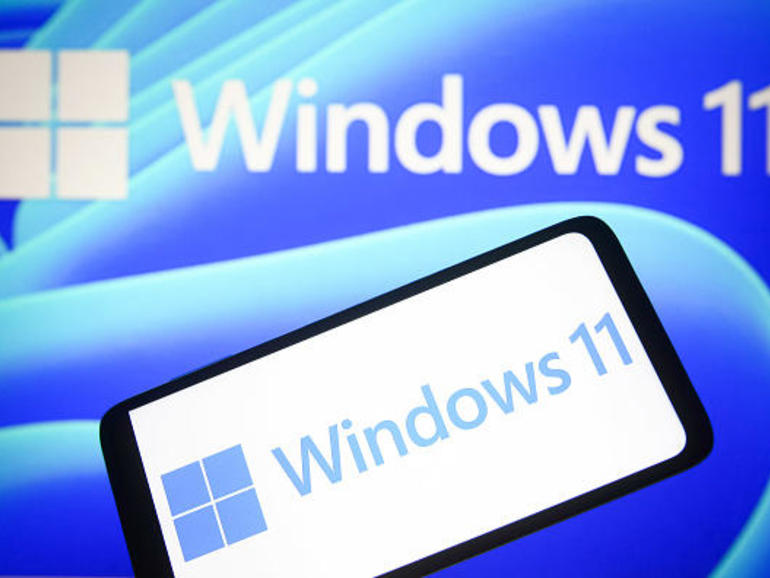In an unsigned blog post, Microsoft today apologized for creating confusion over the minimum system requirements for Windows 11 in its launch event last week and pledged to “learn and adjust,” based on customer feedback. The post also offered a much-needed explanation for the two most controversial items on the list: the requirement for a Trusted Platform Module (TPM) 2.0, and a CPU compatibility list that cuts off most pre-2018 processors.
Microsoft is also pulling its PC Health Check app, acknowledging this it was “not fully prepared to share the level of detail or accuracy you expected from us on why a Windows 10 PC doesn’t meet upgrade requirements.” The app will reappear before the projected general availability of Windows 11 later this year. (That release date is likely to be in October.)
The biggest driver for the new requirements, Microsoft says, is security:
Windows 11 raises the bar for security by requiring hardware that can enable protections like Windows Hello, Device Encryption, virtualization-based security (VBS), hypervisor-protected code integrity (HVCI) and Secure Boot. The combination of these features has been shown to reduce malware by 60% on tested devices. To meet the principle, all Windows 11 supported CPUs have an embedded TPM, support secure boot, and support VBS and specific VBS capabilities.
[…]
Using the principles above, we are confident that devices running on Intel 8th generation processors and AMD Zen 2 as well as Qualcomm 7 and 8 Series will meet our principles around security and reliability and minimum system requirements for Windows 11.
According to Microsoft, its “OEM and silicon partners … are achieving a 99.8% crash free experience” on test builds of Windows 11. They also offered hope that the CPU requirement might be revised to include some older Intel and AMD models. With today’s first Insider Preview release, which will install and run on some of those unsupported hardware configurations, the company says it will “test to identify devices running on Intel 7th generation and AMD Zen 1 that may meet our principles.”
Any such changes would have the potential to affect a very large number of PCs running Windows today, a population Microsoft says is in excess of 1.3 billion. Microsoft says that the current requirements will allow upgrades on most PCs sold in the last 18 to 24 months. That tracks with my back-of-the-envelope calculations, which are based on the rollout of Intel’s 8th Generation processors and AMD’s Zen 2 line. Intel’s product launch was in September 2017, which means that only high-end PCs sold in 2018 were equipped with those CPUs; as prices gradually dropped over the next two years, those CPUs made their way into lower-cost hardware. AMD’s Zen 2 line (third-generation Ryzen CPUs) were introduced in 2019 and were targeted at high-end gaming and workstation designs.
My estimates assume that 90% of 2020 PC sales and roughly 60% of 2019 PC sales meet those minimum requirements, with most 2018 models (based on the earlier Intel 7th Gen CPUs and AMD Zen 1 models) failing to make the Windows 11 compatibility floor. That means the population of Windows PCs capable of upgrading to Windows 11 is probably 500 million or less, or about 38% of the installed base.
Microsoft’s pledge to use Insider testing to identify older CPUs that can successfully run Windows 11 is a start, but it also adds uncertainty to the mix. If you have a system running a speedy, high-end Intel 7th Generation CPU, should you wait to see if it makes the cut? You’d be crazy not to wait, although that’s exactly the “Osborne effect” that Microsoft’s trying to avoid.



